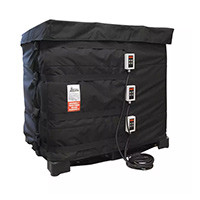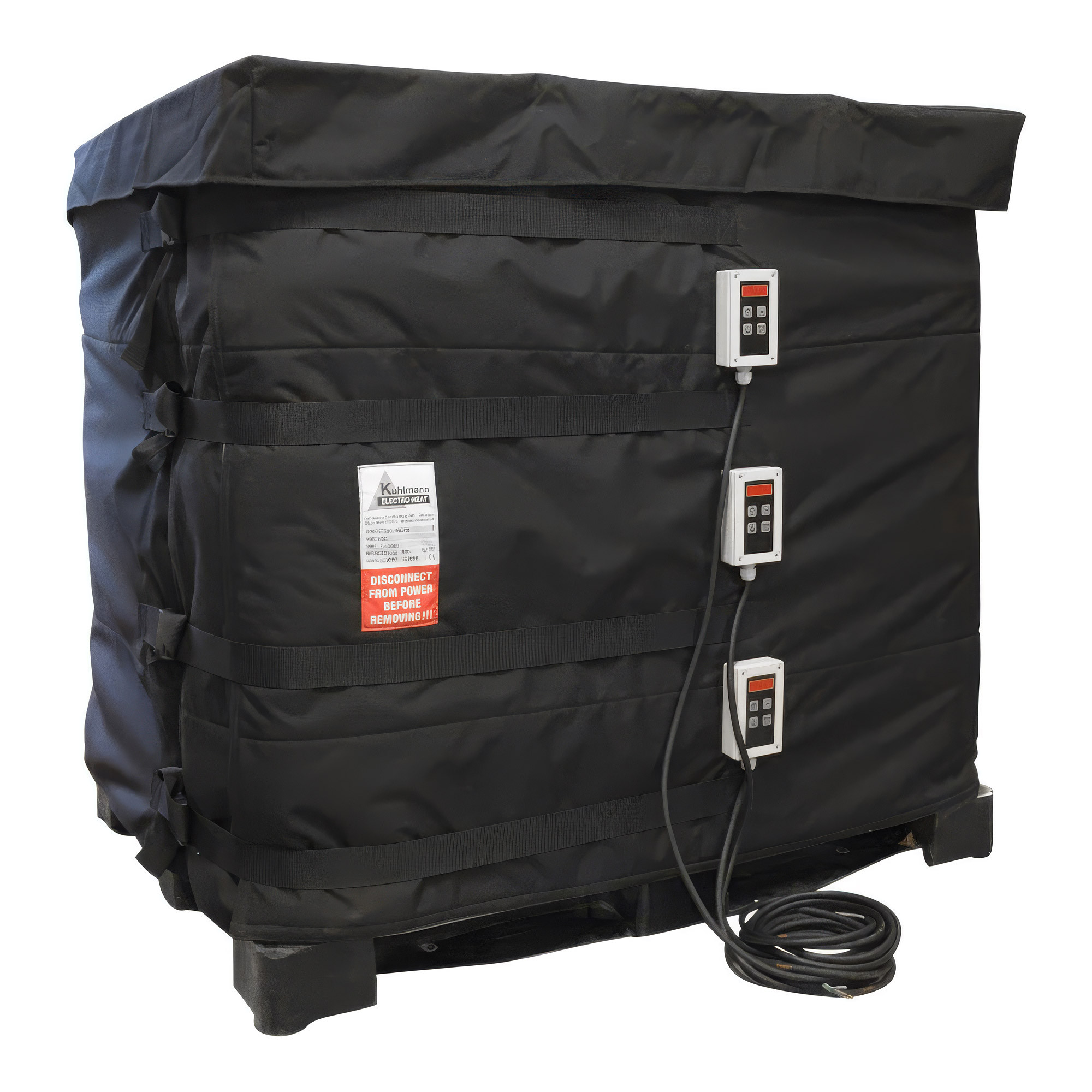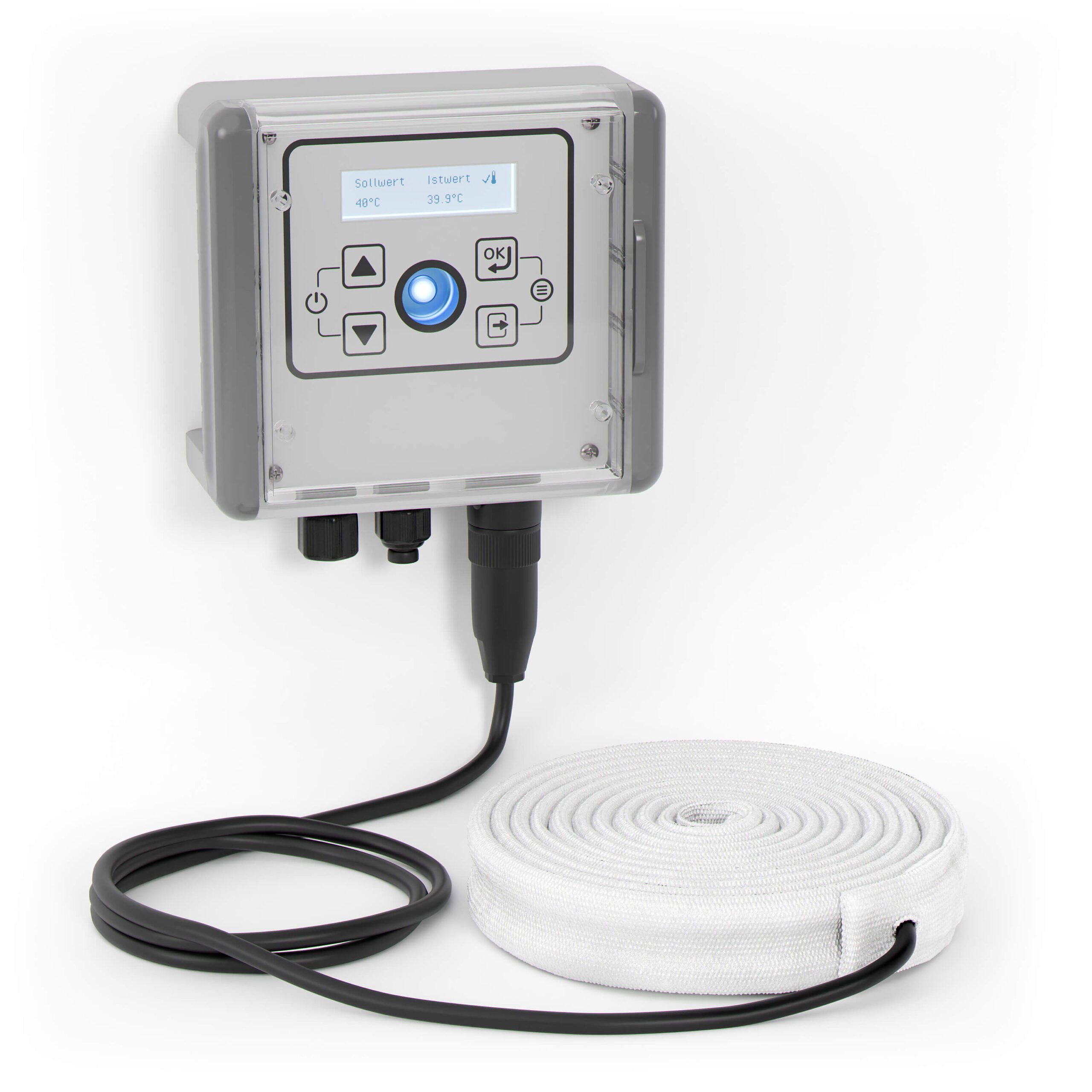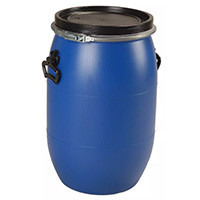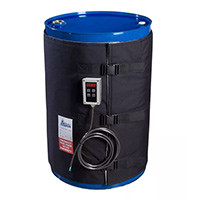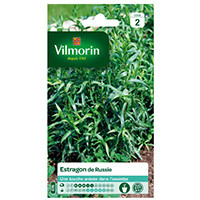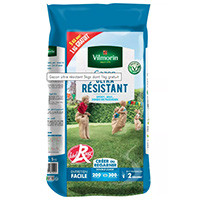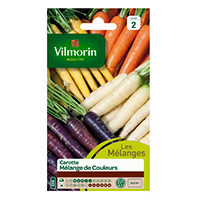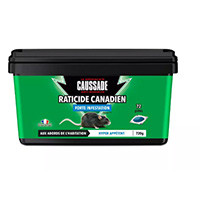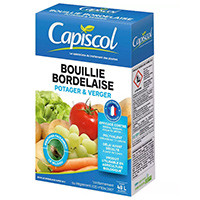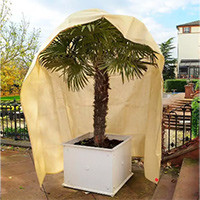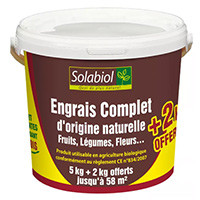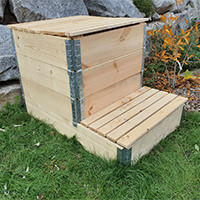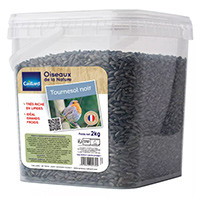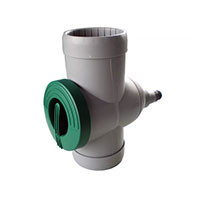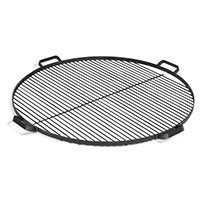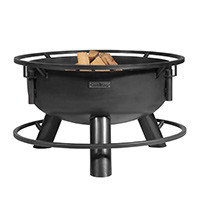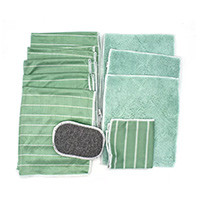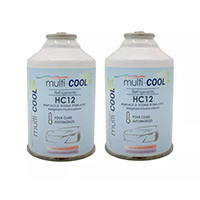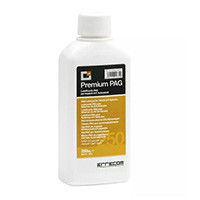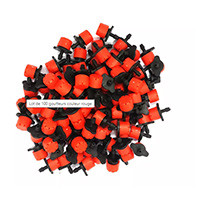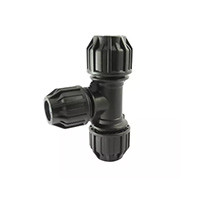
Five tips for a successful organic vegetable garden
5 tips for a successful organic vegetable garden
An organic vegetable garden is no ordinary vegetable garden. Here, check out our best tips to start yours, and make sure you get a great harvest!
1st Choose the perfect location
To give beautiful vegetables, your organic vegetable garden must be well exposed. Of course, some varieties - such as chard, leek or cabbage,in other words winter vegetables - can grow in a semi-shaded area... But a vegetable, whatever it is, needs sun to grow. If it is estimated that 6 hours of daily sunshine are ideal, nothing prevents having areas of the vegetable garden less exposed than others, or exposing the vegetable garden so that it receives 3 hours of sunshine in the morning, then again 3 hours of sunshine at another time of day.
The important thing is to take into account the situation of your home on the ground, the shadows it casts, and the temperatures specific to the geographic region in which you live. Inevitably, if you live in the north of France, it is better to guarantee your garden to receive as much sunlight as possibleby directingit south ... In short, when it comes to exposure, it's up to you to choose the best by not forgetting to use common sense: if you decide to install itseveral hundred meters from the nearest water supply, you may have difficulties whenwatering!
Also, don't grow your vegetables in any soil: if you want them to grow well, be careful to plant in a well-drained soil, rich in humus and if possible not too stony.
If you plan to eat your crops, also be careful not to install your crops on a septic tank or above another source of pollution, otherwise you risk losing all the advantages of organic market gardening and endangering your health.
2. Take your environment into account
Who says organic, says thought intelligently ... To avoid having to install a heated greenhouse or bombard your crops with fertilizer, choose varieties that are adapted to the climate around you, the nature of the soil that supports your home, or pests that can attack your vegetables.
Each region has its own unique characteristics: if you live in the south of France, you will find that it will be easy for you to grow eggplants,while you will certainly get less pretty cauliflower than in the north.
3. Set up a crop rotation
The basis of organic farming is the rotation of crops. The more you grow the same vegetables in the same places, the more you can deplete the soil... The risk? You will eventually find a land that yields low harvests since it will have nothing to feed the vegetables you plant and ensure their growth.
To allow the soil in your vegetable garden to regenerate and replenish its nutrient reserves, draw up a plan of your crops, cut into planks on which you will note what you have planted - and possibly the nature of the compost you used to fertilize.
The idea is to start by growing nutrient-hungry species - tomato, strawberry, zucchini,etc. - on a board, before giving it at least 4 years to enrich itself by growing less voracious vegetables - watercress, green beans,etc.
In addition to avoiding soil depletion, this helps to get rid of undesirables: indeed, some varieties are more prone to attacks from parasites,the best solution to prevent them from suffering is to move them!
(4) Promote biodiversity
When you are told that an organic vegetable garden is not ordinary, it is also because it is a complex ecosystem in which biodiversity must be promoted. The goal? Let each species flourish, the presence of some to regulate that of others.
Thus, your vegetable garden must include growing areas, but also shelter important wildlife. To do this, make sure that there are shelters for insects - we think mainly of hedges and massifs,which you can always supplement with an insect hotel if there are not enough, possibly a water point, but also embankments, piles of dead leaves or wood, etc.
Thus, you will have the pleasure of seeing useful species evolve, such as pollinating bees, ladybugs to get rid of too many aphids, or small rodents or hedgehogs to regulate the population of pests! The goal is for the small world of the garden to find its balance and end up living in harmony.
5th Use organic seeds
This makes sense: to grow an organic vegetable garden, you have to start by using organic seeds!
Whether you are looking for vegetable or aromatic seeds, you will find at multitanks many references:
One thing is for sure, there is something for everyone,and for all gardeners!
Share this content







